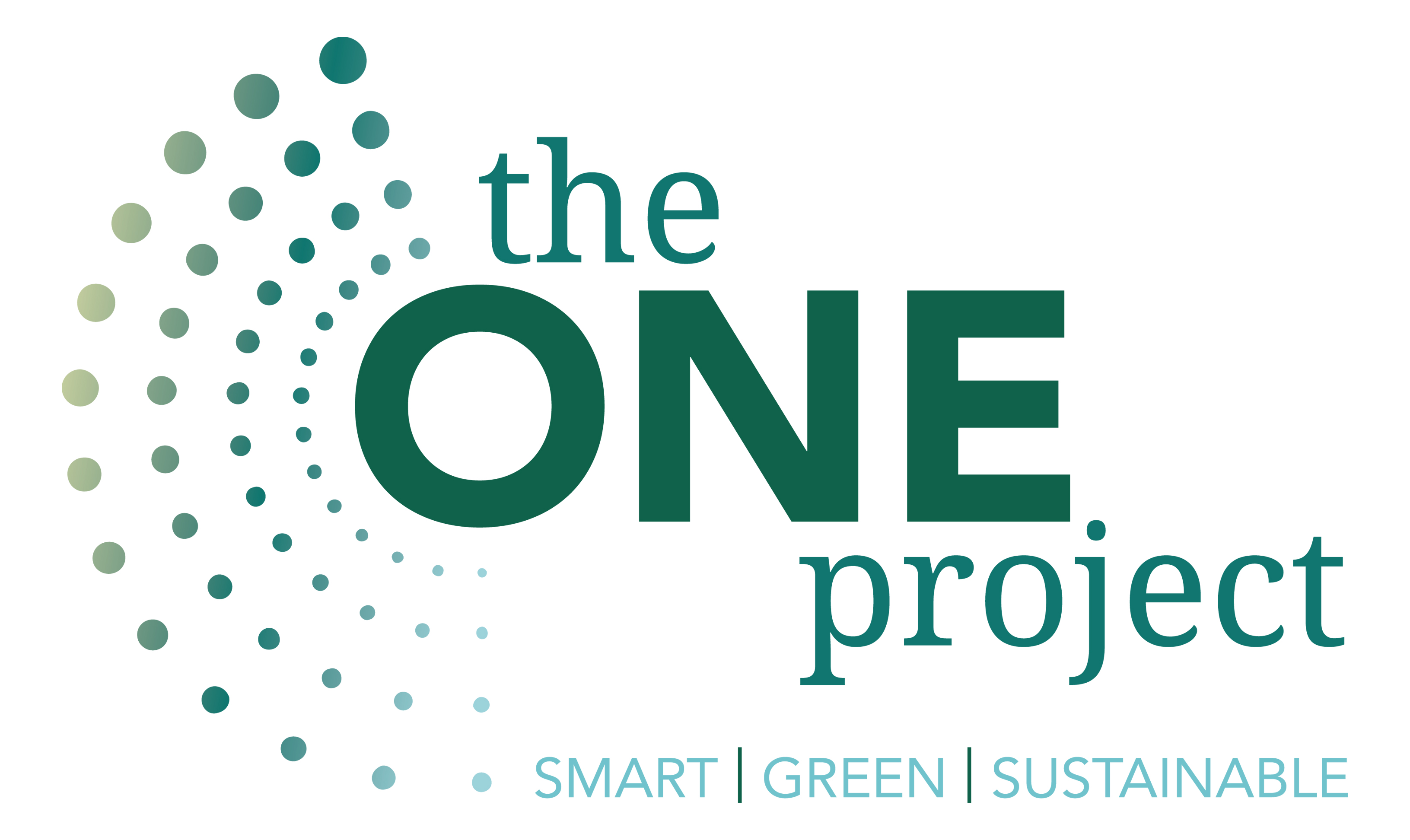The UOC participates in an Erasmus+ initiative to reduce the environmental impact of travel for international projects
The initiative seeks to find alternatives to in-person meetings to reduce the ecological footprint caused by travelling
The UOC is one of the universities of the European Union participating in the Erasmus+ The ONE Meeting Project, which is just beginning to take its first steps. This initiative, headed by the German Fernuniversitat in Hagen, seeks to explore how participants in international projects can be more efficient and avoid travel. The idea is to find ways of helping reduce the ecological footprint of the EU's international projects.
This project is necessary because rapid growth in communication technologies, lower travel costs, increased multilingualism and open borders have allowed for greater transnational collaboration. The European Union has lent substantial support to these exchanges through mobility aid and projects. However, as the severity of climate change becomes even clearer, both state governments and the EU have increased their commitment to environmental goals set to achieve a climate-neutral EU by 2050.
The COVID-19 pandemic has led to the cancellation of hundreds of events, highlighting the need to find alternatives to in-person meetings. This is the main objective of The ONE Meeting Project, in which the UOC is participating. The researcher from the UOC's Open Evidence research group Josep Maria Duart explained that the project "will be based on an analysis and study of success stories concerning ways of working remotely in order to provide evidence on conducting the activities of international collaboration projects in a different manner." Each university taking part in the project has committed to carrying out a range of activities, the results of which will subsequently be presented.
The project will give rise to a report with support material to raise awareness about the importance of introducing more virtual and remote meetings, a set of tools with practical guidance for the integration of programmes and tools for meetings, project planning, creativity and collaboration, and, finally, a guide with everything you need to know to implement ONE meeting projects with a step-by-step strategy to ensure that your projects have ONE meeting only.
The project results will be sent to 50 educational institutions, which undertake to introduce the format so as to contribute to the environmental goals set. All these results, stressed Duart, "can be used to change certain policies and actions."
Duart mentioned that cultural and lifestyle issues have an effect on changing these dynamics. The ONE Meeting Project revises the dynamics of relations for the benefit of the environment. Duart added that "This doesn't mean that the project considers that no face-to-face meetings should be held by people participating in international projects, but they should be more operational and efficient," with the aim of reducing mobility by tapping the potential of technology.
The project also seeks to overcome resistance to change, considering the examples of each of the universities involved in the initiative. The UOC will be able to contribute its experience with the virtual campus and its impact on reducing CO2 emissions, and also the strategic project under way to reduce physical presence at work and promote teleworking.
This UOC research contributes to Sustainable Development Goal (SDG) 13, climate action.
The research project is funded by the European Union (Project Ref. No. 2020-1-DE01-KA203-005676).


UOC R&I
The UOC's research and innovation (R&I) is helping overcome pressing challenges faced by global societies in the 21st century, by studying interactions between technology and human & social sciences with a specific focus on the network society, e-learning and e-health. Over 500 researchers and 51 research groups work among the University's seven faculties and two research centres: the Internet Interdisciplinary Institute (IN3) and the eHealth Center (eHC).
The United Nations' 2030 Agenda for Sustainable Development and open knowledge serve as strategic pillars for the UOC's teaching, research and innovation. More information: research.uoc.edu. #UOC25years
Experts UOC
Press contact
-
Editorial department
